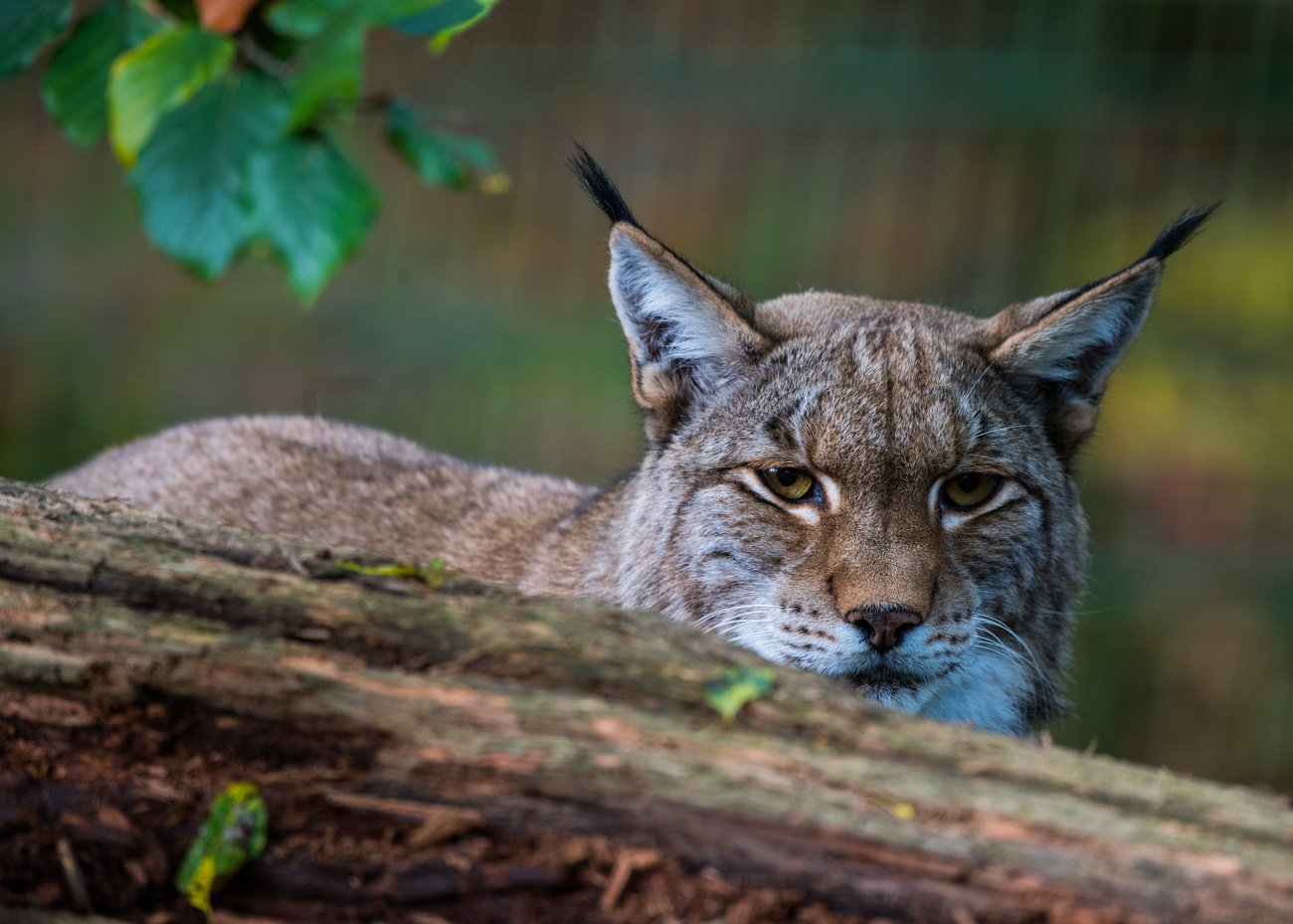
Switzerland Today
Dear Swiss Abroad,
The tug-of-war over renewable development funding for the poorest countries began today in Baku, Azerbaijan, where COP29 opened. The Swiss delegation intends to present concrete proposals to extend the list of donors, but it is likely to come up against strong opposition from countries such as China.
In Switzerland, meanwhile, while the economics minister speaks about economic relations with the United States, the people of Brienz have other concerns. The mass of rocky debris hanging over the village has started to accelerate and the authorities have called on residents to prepare for a possible new evacuation.
Happy reading!

The 29th United Nations Climate Conference (COP29) opened today in Baku, Azerbaijan. Switzerland was also present, the first country along with Canada to present clear criteria for increasing the donor base of states to finance climate projects in poor countries.
The aim of the summit, which will continue until November 22, is to adopt a new target for climate financing. “No one disputes that industrialised countries have a duty to participate,” Felix Wertli, the Swiss chief negotiator at COP29, told SWI swissinfo.ch. “However, we believe that developing countries that today generate a lot of emissions and have the economic capacity to do so should also contribute.” The request is addressed in particular to China, which has become the world’s largest emitter.
Switzerland proposes to expand the group of donor countries on the basis of two models. The first takes into account the ten states that currently emit the most CO2 and have a gross national income (GNI) per capita, at purchasing power parity, of more than $22,000 (CHF19,400). The second model considers countries with cumulative emissions of at least 250 tonnes per inhabitant since 1990 and an adjusted GNI per capita of more than $40,000.
- Detailed explanations in the article by my colleague Luigi Jorio, on SWI swissinfo.ch

In an interview with Le Matin Dimanche, Economics Minister Guy Parmelin (pictured) commented on the consequences for Switzerland of Donald Trump’s re-election and a possible revival of a free trade agreement with the US.
The US is Switzerland’s most important economic trading partner, ahead of Germany, said Parmelin, who relativised the problems that could arise with Trump’s protectionist policies. “We worked well with Trump [between 2016 and 2020]. He complicated our lives with the introduction of customs duties on steel and aluminium, but in other areas trade works well,” Parmelin said.
Asked about the resumption of negotiations for a free trade agreement with the US, clamoured for by, among others, the economic association Swissmem, Parmelin said a new analysis could be useful. However, “for us, the big challenge is agriculture. That is what caused the last negotiations to fail. The problem is simple: we cannot eat 20 kilos of beef a day to absorb American imports and Swiss production. Putting even more pressure on our agriculture […] is not acceptable”.
- Le Matin Dimanche interviewExternal link taken online by 24heures (French)

Life in the municipality of Brienz-Brinzauls, eastern Switzerland, could once again be turned upside down. Indeed, the authorities have asked the population to be ready to leave the village, which is threatened by a landslide.
“Please prepare yourselves immediately,” said Pascal Porchet, head of the military and civil protection office for canton Graubünden, during an information evening for residents at the weekend. The evacuation could last several months and residents were asked to take “everything that cannot be replaced with money”.
Authorities estimate that up to 1.2 million cubic metres of rocky debris from the landslide looming over the village could move downwards. This mass is very wet and it is feared that a landslide could penetrate more into the village than the one in June 2023, when it stopped at the edge of the village, which had been evacuated about a month earlier.
- SRF articleExternal link (German)

Switzerland is currently recalling the reintroduction of lynx into the country, which began in 1974 in the Creux-du-Van nature reserve in canton Neuchâtel.
In that year, a pair of lynx from Slovakia were released in the region. At the origin of the reintroduction was the political desire to return predators to the forests to enable their revival. The regrowth of the forests was in fact made difficult by the excessive presence of ungulates, which fed on the young shoots of the trees.
Now, 50 years later, there are about 200 lynx in Switzerland. At the time of the reintroduction, the human population had not been informed, to prevent lynx from being hunted and to avoid creating panic.
The return of the predator had nevertheless caused concern, says Yves Bongard, of the Neuchâtel section of the Avenir Loup Lynx Jura association, but over time, the initial fear turned into admiration, and today the reintroduction of the lynx is considered a success.
- The article on RSIExternal link and SRFExternal link (Italian and German)

Photo of the day
Cyclists take part in a demonstration organised by Klimastreik_zh in Zurich against the expansion of Switzerland’s motorways, on which voters will decide on November 24. According to the association, the motorway expansion will increase traffic and significantly reduce green space, as about 400,000m2 of land will be covered in asphalt.
More
Translated from Italian by DeepL/ts

In compliance with the JTI standards
More: SWI swissinfo.ch certified by the Journalism Trust Initiative








